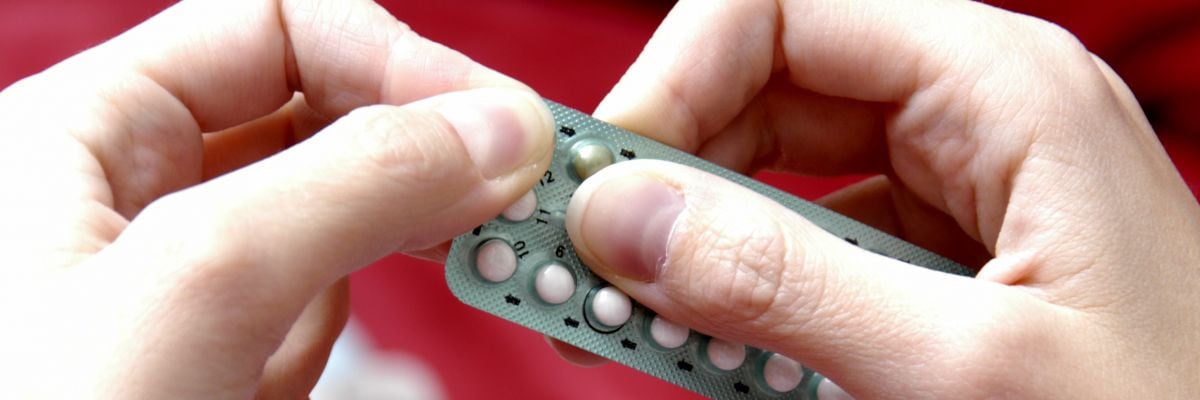
Question:
Answer:
Medical treatments used for the purpose of treating or alleviating a medical condition that also have a birth-control effect (that is not willed) are acceptable.
The Church does not consider illicit the use of those therapeutic means necessary to cure bodily diseases, even if a foreseeable impediment to procreation should result there from—provided such impediment is not directly intended for any motive whatsoever (Humanae Vitae 15).
In Catholic moral theology, a principle called “double effect” states that an action that has two effects (one good, one bad) is permissible if:
- The act itself is not intrinsically wrong.
- The person acting intends only the good effect and would act otherwise if possible to avoid the bad effect.
- The bad effect does not cause the good effect .
- The good effect “outweighs” the bad effect.
In the case of using for health purposes a treatment that has a contraceptive effect, it is generally seen as permissible under the above mentioned conditions for double effect. What we need to ask is: if sexual activity was not taking place, would this treatment still be the best course of action? If yes, then it would appear that we have met the threshold for the principle of doubt effect:
- Care of our health is a good thing.
- The health of the person is what is intended to be treated; contraception is not the intention.
- Contraception is not the cause of the good health effect.
- This is gray area; only the individual (in consultation with his doctor) can determine the severity of the consequences of not treating the condition with this method.



